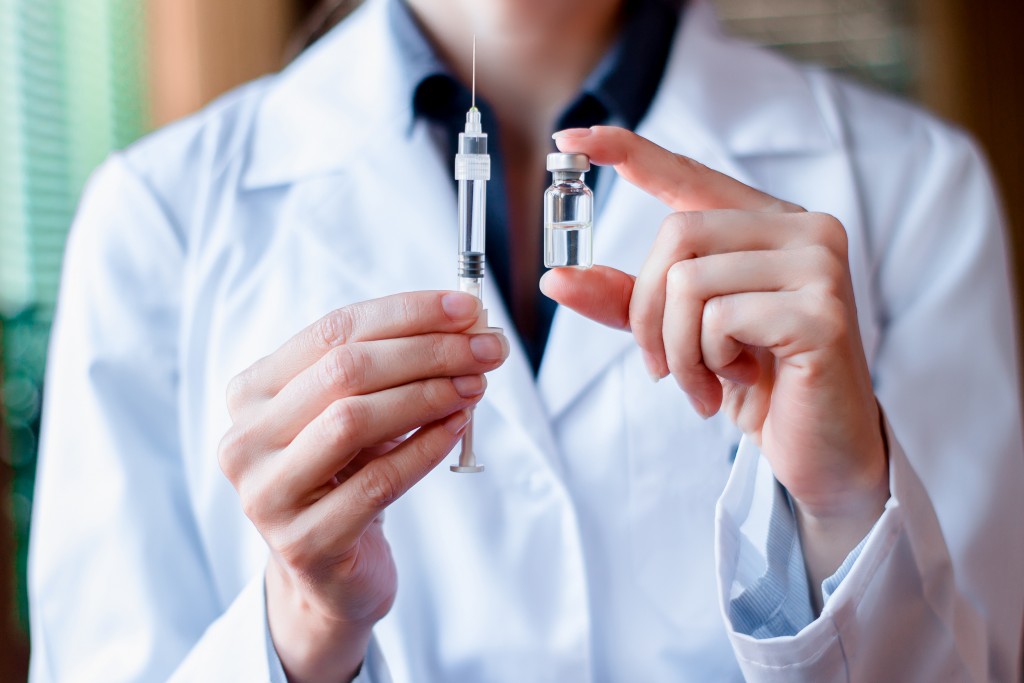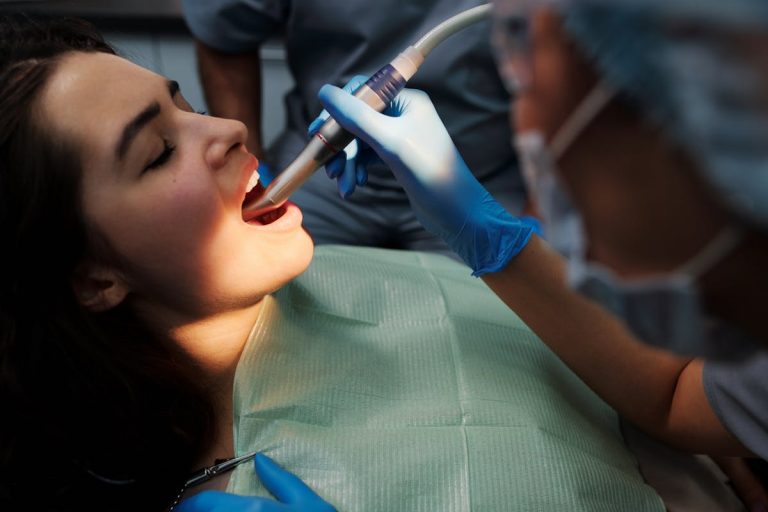People think that once they pass a certain age, they don’t need to get vaccinations anymore. But the truth is that diseases don’t care about age. All they need is a body that they can infect. But you should still be able to protect yourself if you follow a good vaccination schedule and get your shots at a clinic or hospital. There are several diseases that you should seriously consider getting immunized against.
Influenza
If there is any disease that you need to get vaccinations for, it is influenza. An annual flu shot will help protect you from the disease and you should be getting it every year you are an adult. The quick vaccination turn-around is because the virus behind it changes annually. What worked last year will not work again this year. This is especially important for people with existing conditions, pregnancies, or seniors.
If you are a healthy adult, you can get this vaccination in either the form of a nasal spray of the live attenuated vaccine or an injection of the inactive vaccine. Adults over 65 can get a more powerful version designed to increase immune response.
Tetanus, Diphtheria, and Pertussis
Though these diseases are technically different, you only need a single vaccine to gain immunity for all three of them. The Tdap vaccine came out in 2005 and has been doing good work since then. If you did not receive it as a child, you should get it at least once to protect against pertussis, which is better known as whooping cough. Tetanus and Diphtheria parts of the vaccine will need boosters every 10 years so you should schedule that, too.
Additionally, doctors advise that women should receive the vaccine every time they become pregnant, at around 27 to 36 weeks of their pregnancy. If you never got this vaccine since you were already an adult when it came out, you should seriously consider getting it once you reach 65 or older since whooping cough can infect you because of weakened immunity.
Pneumonia

The pneumococcal vaccine is essential for those who are over 65. Pneumonia is a leading cause of death among seniors since they are vulnerable to the disease. Additionally, those who smoke cigarettes, have cochlear implants, and medical conditions like lung disease or diabetes should also get a shot even if they are younger than 65. Fortunately, you will only need one to two injections to receive immunity. But it is very important to consult with your doctor first since you need to check if you are allergic to any vaccine which will disqualify you from getting this shot.
HPV
The HPV vaccine is an important immunization. This is because it fights against several strains of human papillomaviruses that have the potential of causing several types of cancer. They also cause genital warts but you are likely more concerned about cancer. You would usually get it around the age of 11 to 12. If you did not get it at that age, then you should get it up to the age of 26. Older adults from the age of 27 to 45 will need to consult with their doctor about the viability of getting the shot. You may already have been exposed to HPV by that age so it would be useless to get the immunization.
Shingles
Seniors should seriously get the shingles vaccine. If you had the old version called Zostavax, then the new Shingrix vaccine should protect you better. Even if you have had shingles, the new vaccine should still be able to help. Shingles are painful rashes caused by the same virus that causes chickenpox. If you had chickenpox as a child, the virus usually stays dormant in your body your entire life after you recovered from it. It wakes up again once your body weakens, like during old age.
Shingles are very painful and can even cause nerve damage in 15 percent of the sufferers. The vaccination can lower the chance of a breakout from happening by 50 percent and even lessen the severity of the breakout. The vaccine requires two doses spaced between two and six months apart. Additionally, you need to get it again when its effectiveness starts to wane after five years or so.
Vaccinations are an important way to protect yourself from the many diseases that can make your life uncomfortable or even kill you. Take the time to consult with your doctor on what other diseases you should get shots for so that you can have maximum protection against most diseases. This is especially important if you have an existing condition that makes you vulnerable to some diseases.






